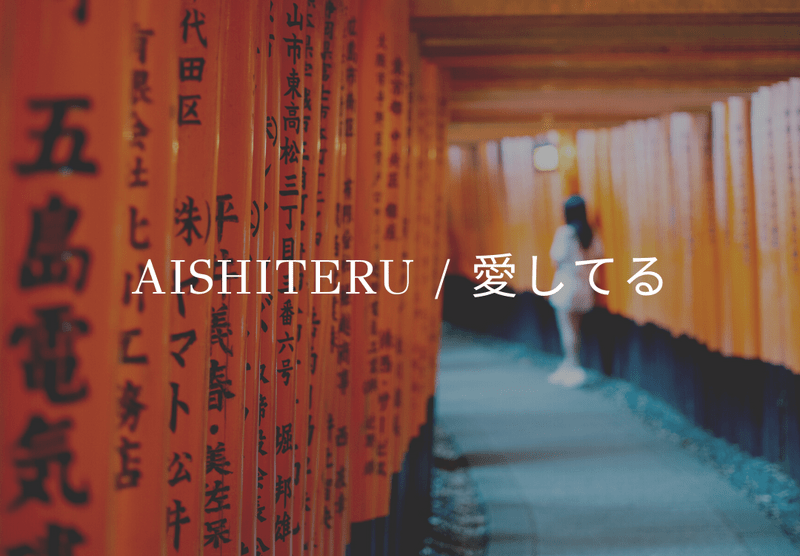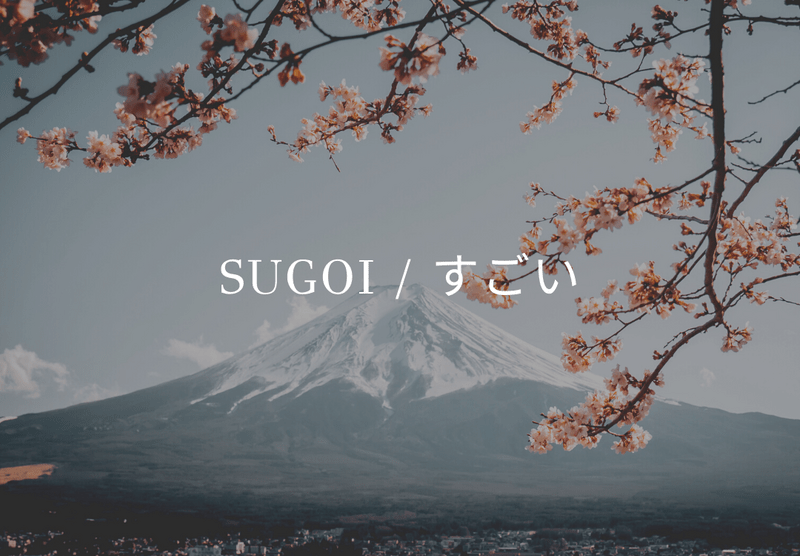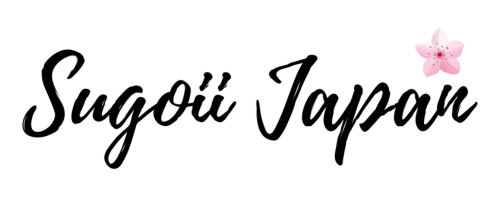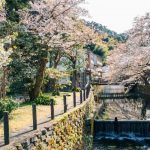Japanese Phrases – The Japanese language is both crazily addictive to listen to as well as overwhelming. It’s a language that is difficult to understand and differentiate if you are hearing it for the first time. Whilst the people of Japan have definitely made ways with the English language, you will certainly experience barriers in communication one way or another.
If you’re traveling to Japan, it might be helpful to understand some basic Japanese phrases. Why not learn some common expressions before you head there? You’ll never know when it may come in handy. You can even show off to your friends and family back at home!
1. How to say ‘Hello/Hi’ in Japanese – ‘こんにちは’
- Writing: Kon’nichiwa
- Pronunciation: Kon-ni-chi-wa
This is probably the most common phrase you will hear in Japan. Business owners and shop attendants will welcome you with this simple phrase. You can use this to greet people along the streets as well.
Other common ways of greeting include ‘konbanwa’ (good evening), and ‘ohayo/ohayo gozaimasu’ (good morning – more casual greeting)
2. How to say ‘Thank You’ in Japanese – ‘ありがとうございました’

- Writing: Arigato-gozaimasu
- Pronunciation: A-ri-ga-to-go-zai-mas (u is silent)
You will use this phrase pretty much in every conversation. The Japanese language is extremely polite. It is common to say this phrase to anyone and everyone who assists you in any way.
3. How to say ‘You Are Welcome’ in Japanese – ‘どういたしまして’
- Writing: Doita-shimashite
- Pronunciation: Do-ee-ta-shi-muh-shi-teh
It is usually used in reply when you hear someone thank you for something.
Example:
Person A: Arigato-gozaimasu!
Person B: Doita-shimashite.
4. How to say ‘How Are You’ in Japanese – ‘どういたしまして’
- Writing: O-genki-desuka
- Pronunciation: O-gen-ki-des-ka (u is silent)
This phrase is usually used in sentences after greeting each other.
Example: Kon’nichiwa! O-genki-desuka?
5. How to say ‘I’m doing great’ in Japanese – ‘元気です’
- Writing: Genki-desu
- Pronunciation: Gen-ki-des (u is silent)
This phrase is usually used to reply to someone who has just asked ‘How are you?’
Example:
Person A: O-genki-desuka?
Person B: Genki-desu!
6. How to say ‘Nice to meet you’ in Japanese – ‘はじめまして’
- Writing: Hamije-mashite
- Pronunciation: Ha-ji-me-ma-shi-teh
This phrase is a polite way to reply when you are meeting someone for the first time.
7. How to say ‘Goodbye’ in Japanese – ‘さようなら’

- Writing: Sayonara
- Pronunciation: Sa-yon-na-ra
When parting ways or ending a conversation with someone, this phrase is commonly used.
You May Also Like: Travel Tips To Visit Japan
8. How to say ‘Good Evening’ in Japanese – こんばんは’
- Writing: Konbanwa
- Pronunciation: Kon-ban-wa
This phrase is used when meeting or parting ways during the evening.
9. How to say ‘Goodnight’ in Japanese – おやすみ
- Writing: Oyasumi
- Pronunciation: O-ya-su-mi (u is NOT silent)
When bidding goodnight to other people, this is the phrase most commonly used.
10. How to say ‘What’s your name?’ in Japanese – お名前は何ですか
- Writing: Onamaehanandesuka
- Pronunciation: O-nam-ay-wa-nan-des-ka? (u is silent)
When meeting someone for the first time, you can use this phrase to politely ask what their name is.
Example: Kon’nichiwa! Onamaehanandesuka?
11. How to say ‘My name is’ in Japanese – 私の名前は
- Writing: Watashiwaonamaeha <insert name>
- Pronunciation: Wa-ta-shi-wa-o-nam-ay-wa <insert name>
This is the most formal and thus safest way to reply when someone asks for your name. In Japan, formalities are used when speaking to elders in the family and community. When you reply with this, you will ensure you don’t offend anyone!
Example:
Person A: Onamaehanandesuka?
Person B: Watashiwa-onamaeha Tom.
Alternatives: Onamaeha <insert name> (a more casual approach, usually amongst people of the same age or friends).
12. How to say ‘Yes’ in Japanese – ‘はい’
Pronunciation: Hai!
A short and simple ‘hai!’ will suffice if you’re replying ‘yes’ to something. Tip: many people slightly dip their head in a slight bow. This generally signifies respect.
13. How to say ‘No Thank You’ in Japanese politely – いいえ、結構です
- Writing: Ie-kekkodesu
- Pronunciation: I-yeh-kekko-des (u is silent)
- Alternatives: Daijoubu
14. How to say ‘I love you’ in Japanese – 愛してる

- Writing: Aishiteru
- Pronunciation: Ai-shi-te-roo
This phrase is not as commonly used in the Japanese language as ‘I love you’ is in western cultures. Thus, if you say this, you must absolutely mean it!
15. How to say toilets in Japanese – トイレ
- Writing: Toire
- Pronunciation: Toh-reh
The most common phrase for foreigners to know regarding toilets is ‘Toirewa dokodesuka?’. This translates to ‘Where are the toilets?’. Very useful, indeed!
16. How to say ‘Delicious’ in Japanese – おいしい
- Writing: Oishi
- Pronunciation: Oi-shee
If you’re having a delicious meal at a restaurant, lock eyes with the chef and exclaim ‘Oishi!’.
17. How to say ‘Sorry’ in Japanese – ごめんなさい
- Writing: Gomennasai
- Pronunciation: Go-men-na-sa-ee
If you would like to apologise for something such as bumping into someone, this is the phrase to use. This is usually paired with a slight bow from the head for respect and genuineness.
18. How to say ‘I don’t understand’ in Japanese – わかりません
- Writing: Wakarimasen
- Pronunciation: Wa-ka-ri-ma-sen
If a Japanese person says something to you that you do not understand, simply say this phrase. They will hopefully repeat it again for you. They may even switch to English for you!
Example:
Person A: O-genki-desuka?
Person B: Gomennasai! Warakimasen!
19. How to say ‘Wow!’ or ‘Amazing!’ in Japanese – すごい

- Writing: Sugoi
- Pronunciation: Soo-goi
When you’re witnessing something incredible, the only word you need to know to express your feelings is ‘Sugoi!’.
20. How to say ‘Long time no see’ in Japanese – お久しぶりです
- Writing: Ohisashiburidesu
- Pronunciation: O-hi-sa-shi-boo-ri-des (u is silent)
The more formal way of saying this would be “Gobusatashiteorimasu” (“I’ve let too much time pass since I saw you last”). The less formal way to say this would be “Hisashiburi” – this is generally used amongst close friends.
There you have it! These 20 phrases are amongst the most popular terms to use when visiting Japan. We hope you’ve learnt something and can flex whilst you’re traversing this wonderful country.
If you are into Japanese language, you can also read our article about the 10 most beautiful Japanese words.
For more tips about traveling to Japan, feel to also check out our blog posts about useful websites to know before to come to Japan, our complete guide about Ryokan or our list of the best Japanese festivals (Matsuri) month by month.











This is going to be useful! Please post more articles about learning Japanese language 🙂